Hi all,
The purpose of this post is to attempt to clear up some common misconceptions regarding Algorand. I’m not going to go into why I believe Algorand is a sleeping giant as there are plenty of resources that cover off Pure Proof of Stake and the benefits this design brings to the blockchain world. That said, there are a number of prevailing misconceptions that lead to a fairly common and erroneous understanding of how Algorand works. I don’t claim to understand Algorand perfectly, and these points are purposefully high level as a detailed explainer wouldn't fit one point let alone all 3!
Disclaimer - obviously a substantial amount of my crypto portfolio is in ALGO.
Also, thank you to u/BananaLlamaNuts, u/Unlucky_Life_479, u/AsoganM1977, u/bitter_byte, u/Algo_staker, and u/RobbeeSan whose own posts elsewhere helped me to understand and compile this :)
TL;DR
Algorand has a long term vision seeking genuine, institutional level, mass adoption. Consequently, Algorand has been designed to achieve this goal even if its chosen methods may be at odds with what is the generally accepted way to do things in the crypto community. Issues relating to tokenomics and centralization are misunderstood mechanics that in theory actually serve to increase Algorand’s chances of succeeding.
Issue #1 - Tokenomics
It’s complicated. More so than any crypto I’ve ever invested in before. Algorand’s perceived subdued price action (at least in comparison to other popular projects) can appear to be by design but in truth, the mechanics causing this tweaks volatility at best. Algorand’s tokenomics have two triggers in this regard:
- Accelerated vesting/release of additional ALGO that occurs when the 30 day moving average hits a new all time high. This has not happened since April. Importantly, this will cease in 2023 (unless a governance decision alters that which is never off the table).
- Continuous distribution of early relay node operator rewards increases the supply of ALGO into the ecosystem for stability. This does act as a deflationary mechanism however the hard cap on total ALGO has not changed. Contrary to the odd belief that people with big stakes would want to see their investment reduce in value (as this was a known mechanism when they signed up) this acts as an incentive to grow the network and it’s value.
The perception that Algorand’s tokenomics are bad undoubtedly stems from the poorly received ICO (which used a Dutch auction and isn’t exactly in the spirit of decentralization) and the impact the above mechanics had when used as originally planned. Unfortunately the ICO was seen to be murky at best, and the mechanics intended to reduce volatility were too effective. The price tanked. Algorand cancelled a second planned auction and went back to the board and tweaked the system to be what it is today.
But why go to all this trouble? Algorand is pitching it’s capabilities to banks, governments, and wall street. To be effective in achieving its goals Algorand must demonstrate general professionalism in what is perceived to be a very unprofessional space. Algorand works hard to stay away from both the FUD and hype, instead focusing on securing their ISDA and trying to demonstrate a stable product in stark contrast to the volatility that is a lot of the crypto space. In this context reduced volatility is a strength, not a weakness. This sets Algorand apart.
Algorand is not seeking instant success. It’s seeking mass adoption and this approach, while different and generally seen as “bad” in this community, is considered a key enabler in making that happen. If you genuinely want to consider the positives regarding Algorand’s tokenomics, it’s that time is on the side of small-scale investors to accumulate as much as possible at a reasonable price before scarcity enters the frame. All of the pieces are in place, dApps are coming, and Algorand’s ecosystem is set to explode.
Issue #2 - Technical centralization
From a technical standpoint Algorand is more centralized than blockchain purists would like, and yet it is actually nowhere near centralized. The decentralization, security, and scalability properties of Algorand will improve as the network matures, so the centralization argument is more about Algorand’s youth than its design. That said, understanding Algorand’s design may help you see that things are not as bad as they might appear if you only ever get your technical information from certain parts of Reddit.
There are two types of nodes on the Algorand network; relay and participation, and to conflate them is to misunderstand how Algorand works:
- Relay nodes form the communication network and are responsible for the high transaction throughput that Algorand is capable of. Relay nodes do not perform consensus but do enable the participation nodes to remain disconnected and less vulnerable to attack. Relay nodes are needed to add blocks but cannot affect the integrity of block composition or the chain. If every single relay node turned malicious, the impact would be to stall transactions on the network until an honest relay is re-established. Relay nodes cannot destroy the integrity of the blockchain.
- Participation nodes provide the actual consensus by creating, validating, and certifying blocks.
Like most blockchains, increasing the number of nodes improves the decentralization, scalability, and security of the network. Anyone can run a relay or participation node, but will not be rewarded for doing so (for now). Required specifications to run a relay node are quite steep, particularly on the network side, so most people opt to run a participation node which can be run on something as simple as a Raspberry Pi and 0.1 ALGO.
The talk about centralization stems from the fact that at this point in time relay nodes are only really being run by 100 early investors, commercial entities and non-profits (Universities). In the context of existing mainstream systems, 100 independent operators is very decentralized, but in the crypto context it may as well be a single computer.
Algorand’s design also allows decentralization to be easily expanded and improved, but once the ecosystem is mature enough and not before. This is wholly aligned with the slow and steady approach touched on in issue #1. The Algorand network is approaching this transition point, but may still be a year or more out.
Lastly, when decentralized governance kicks in later this year it will, in theory, eventually decide the relay node white list / the need for a white list / the incentives for running a relay node. So as Algorand matures all holders will be given the opportunity to vote on how this is handled, not just the existing relay node operators.
Issue #3 - Governance centralization
While technical centralization is a misnomer, governance centralization is unfortunately a little more accurate but once again isn’t as bad as first impressions may indicate even when compared to its peers. Decentralized governance is coming, starting Q4 of this calendar year as a hybrid between the current automated staking system in parallel with governance rewards. This will then switch entirely to governance only rewards starting Q1, 2022.
The problem Algorand has is that early founders secured themselves a golden ticket by being preselected to run relay nodes, with huge initial funding and ongoing super staking rewards. They earn huge fees for running relay nodes, which compounds their stake, giving them an even more disproportionate amount of control over governance. These early relay operators will end up with +30% of all Algos in existence, assuming they don’t sell.
This issue leads us back to the perception of centralization in that a small group is occupying most of the decision making power. In general, the main value proposition of blockchain is that it’s meant to be trust-less without relying on an institution to be honest. The forthcoming governance model will be a one-algo-one-vote situation, so those early adopters will have the lion's share of votes going forward. So even with governance moving on-chain, Algorand may still have a centralization problem.
However, as with everything in this not-at-all-biased explainer, I’d happily compare Algorand with its peers. In reality some of the more established and successful projects (if price was the sole measure of success) with their large mining pools have a far more concentrated balance of power than Algorand. Additionally, a bigger stake equals more to lose so larger actors in the Algorand ecosystem should act in the best interest of the network. They logically want to protect and grow the value of their investment and I for one am happy to let them have their say because one ALGO is the same no matter who holds it. If they do something to increase the value proposition of the network, and in turn the value of ALGO, then it is literally a win for all holders.
My Personal Opinion
Algorand is going after big business and doing it in a way that is more aligned with what big business would traditionally expect. This is at odds with crypto ideals and undoubtedly where the skepticism regarding Algorand comes from. Teething issues at ICO exacerbated the problem. This doesn't make Algorand a bad investment and those early issues are now thankfully behind us. Of course time will tell if things work out as intended, but this is no different to literally every other project in the cryptosphere. Algorand is in my humble opinion one of the most solid investments you can make in this space.
That's all I have (for now). Thank you for reading. Have a lovely day :)
[link] [comments]

You can get bonuses upto $100 FREE BONUS when you:
💰 Install these recommended apps:
💲 SocialGood - 100% Crypto Back on Everyday Shopping
💲 xPortal - The DeFi For The Next Billion
💲 CryptoTab Browser - Lightweight, fast, and ready to mine!
💰 Register on these recommended exchanges:
🟡 Binance🟡 Bitfinex🟡 Bitmart🟡 Bittrex🟡 Bitget
🟡 CoinEx🟡 Crypto.com🟡 Gate.io🟡 Huobi🟡 Kucoin.
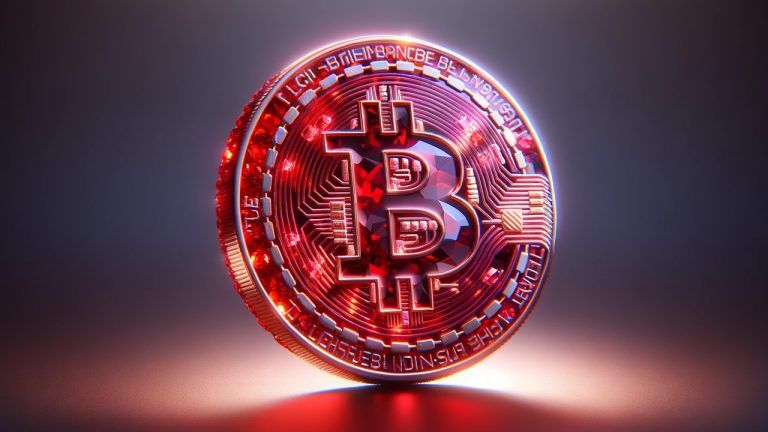

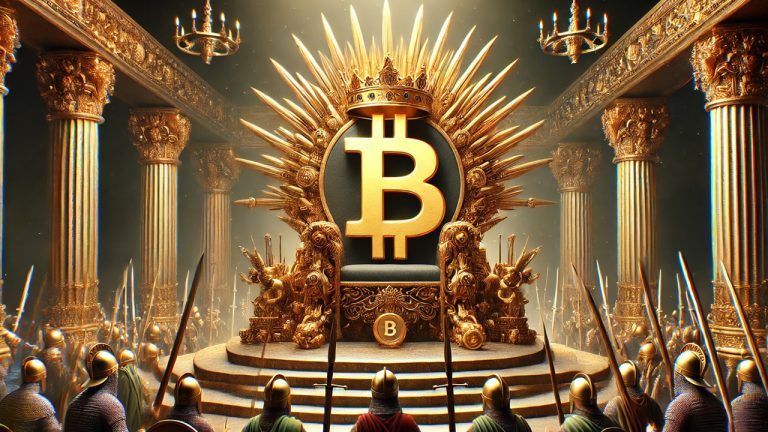



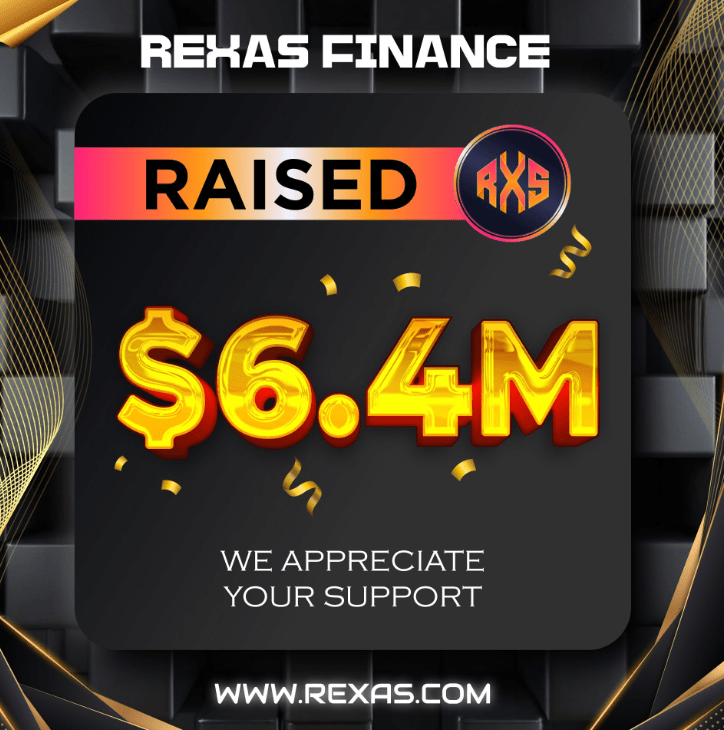

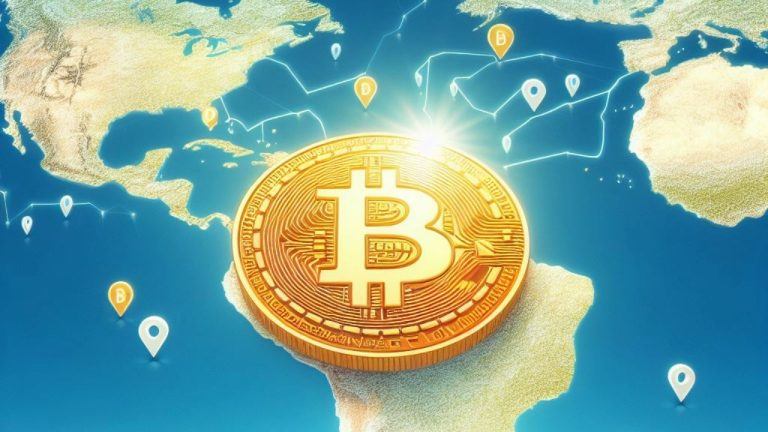






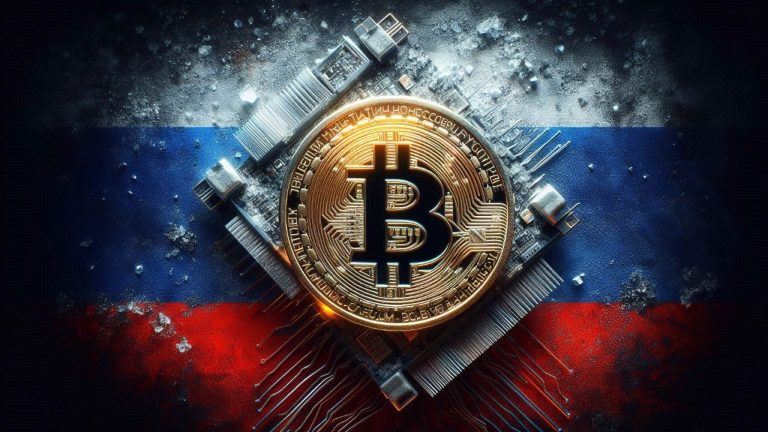
Comments